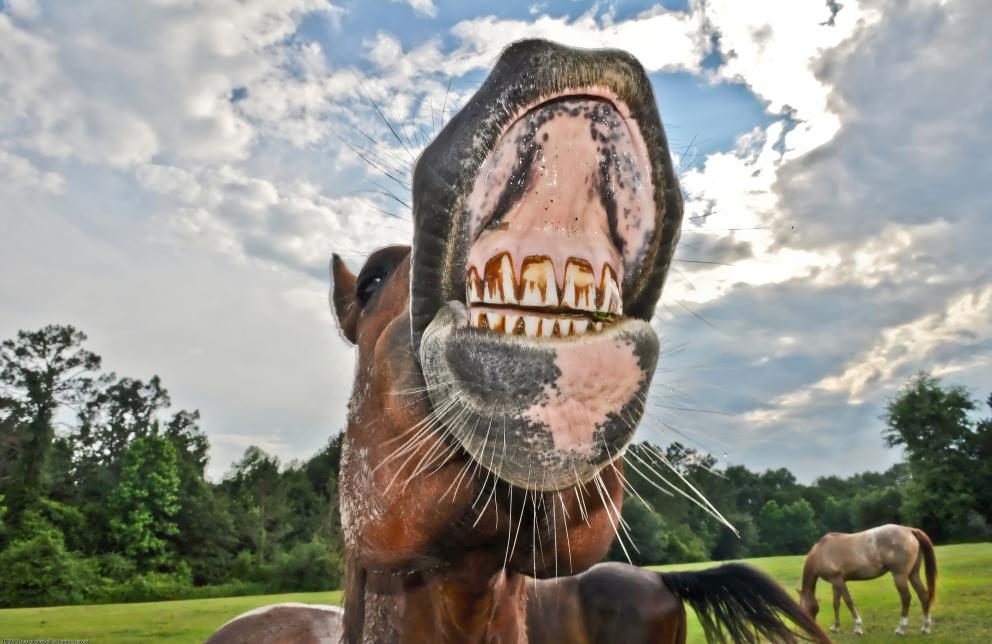Equestrian enthusiasts are often deeply concerned about the health and well-being of their beloved horses. One of the critical health issues that can affect horses is horse oral tumors. These tumors, although not extremely common, can have significant impacts on a horse’s health. Understanding the nature, causes, and treatments of these tumors is essential for horse owners and caregivers. In this article, we will delve into the world of horse oral tumors, providing valuable insights and information.

What Are Horse Oral Tumors?
Horse oral tumors refer to abnormal growths in the mouth of a horse. These growths can be benign or malignant and can occur in various parts of the mouth, including the gums, tongue, and cheeks. While some tumors may be harmless, others can cause severe health issues, impacting a horse’s ability to eat and drink.
Types of Horse Oral Tumors
There are several types of horse oral tumors, each with its characteristics and implications:
- Epulis: A benign tumor that often forms on the gums.
- Squamous Cell Carcinoma: A malignant tumor that is commonly found in the tongue or gums.
- Fibromas: Non-cancerous growths that can still cause discomfort.
- Melanomas: Often found in gray horses, these can be either benign or malignant.
Symptoms of Horse Oral Tumors
Recognizing the symptoms of horse oral tumors is crucial for early diagnosis and treatment. Some common symptoms include:
- Difficulty eating or drinking
- Unusual drooling
- Bad breath
- Bleeding or swelling in the mouth
- Weight loss
When to Consult a Veterinarian
If you notice any of these symptoms, it’s essential to consult a veterinarian for a thorough examination. Early detection is key to managing these tumors effectively. For more on what to look for during an oral exam, check out this mouth exam checklist.
Causes of Horse Oral Tumors
The exact causes of horse oral tumors are not always clear, but several factors can contribute to their development:
- Genetic predisposition
- Environmental factors
- Diet and nutrition
- Age and breed of the horse
Understanding these factors can help in taking preventive measures to minimize the risk of tumor development.
Diagnosis of Horse Oral Tumors
Diagnosing horse oral tumors involves a thorough examination by a veterinarian. This may include a physical exam, imaging tests, and sometimes a biopsy to determine the nature of the tumor. Regular dental check-ups are essential for early detection. Learn more about the importance of dental exams here.
Importance of Early Detection
Early detection of horse oral tumors can significantly improve the prognosis and treatment outcomes. Regular monitoring and prompt veterinary consultations are vital components of a horse’s healthcare routine.
Treatment Options for Horse Oral Tumors
The treatment of horse oral tumors depends on the type and severity of the tumor. Some common treatment options include:
- Surgical Removal: This is often the first line of treatment for accessible tumors.
- Chemotherapy: Used for certain types of malignant tumors.
- Radiation Therapy: Another option for treating malignant tumors.
- Palliative Care: For cases where tumors cannot be removed, managing symptoms is crucial.
Consulting with a veterinary oncologist can provide more specific guidance on the best treatment approach for your horse.
Post-Treatment Care
After treatment, horses may require special care to ensure proper healing and recovery. This includes regular follow-ups and possibly dietary adjustments. For more information on post-surgery care, visit this post-surgery care guide.
Maintaining Oral Health
Maintaining good oral health is essential in preventing the recurrence of tumors. Regular dental check-ups and a balanced diet play a crucial role in this. For more on natural ways to care for your horse’s teeth, see this natural dental care guide.
Prevention of Horse Oral Tumors
While not all horse oral tumors can be prevented, taking certain steps can reduce the risk:
- Regular dental check-ups
- Maintaining a balanced diet
- Monitoring for any unusual symptoms
Being proactive about your horse’s health can make a significant difference in preventing serious conditions.

FAQs About Horse Oral Tumors
What is the prognosis for horses with oral tumors?
The prognosis depends on the type and stage of the tumor at diagnosis. Early detection and treatment generally lead to a better outlook.
Are horse oral tumors contagious?
No, horse oral tumors are not contagious. They do not spread from one horse to another.
Can diet influence the development of oral tumors in horses?
While diet alone may not cause tumors, a balanced and nutritious diet can support overall health and potentially reduce the risk of tumor development.
For more detailed information on horse dental health, consider visiting this external resource.
This article contains affiliate links. We may earn a commission at no extra cost to you.
